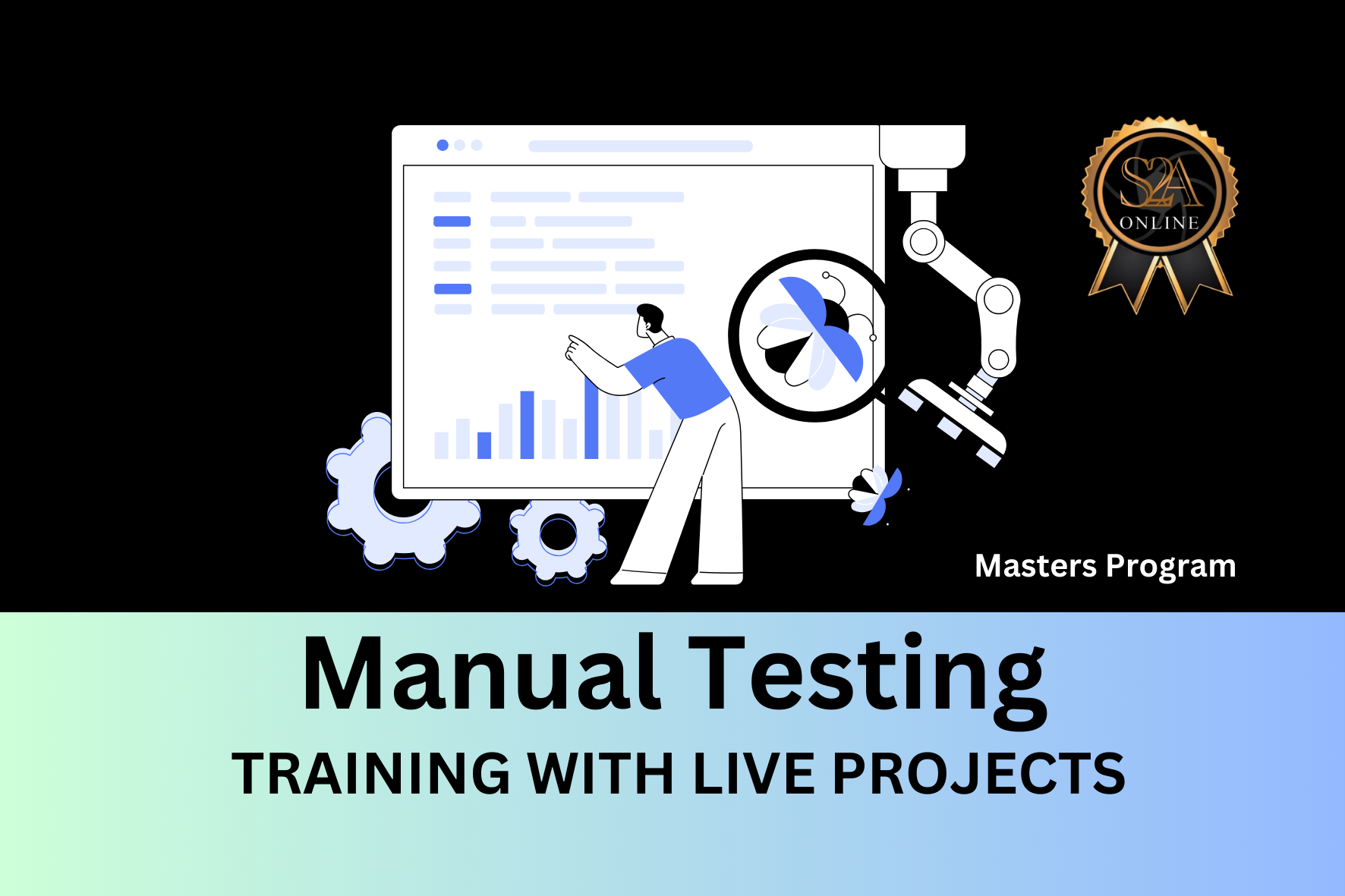Manual Testing

About Course
Manual Testing Intern (4-Month Program)
Begin a comprehensive 4-month Manual Testing Internship and immerse yourself in the essential principles and practices of software testing. This program offers an extensive opportunity to gain hands-on experience in manual testing methodologies, techniques, and tools while contributing to real-world projects. Under the guidance of experienced QA professionals, you will learn to create test plans, execute test cases, identify defects, and ensure the quality and reliability of software applications. Whether you’re a student seeking to kickstart your career in software testing or an individual eager to gain practical skills in quality assurance, this internship provides a valuable platform for learning and professional growth over an extended period.
Classes Duration
- Weekend Session Duration ( 4 Months) 2 Sessions Per Week of 2 Hours
- Weekday Session Schedule ( 2 Months ) 4 Sessions Per Week of 2 Hours
Student Ratings & Reviews

